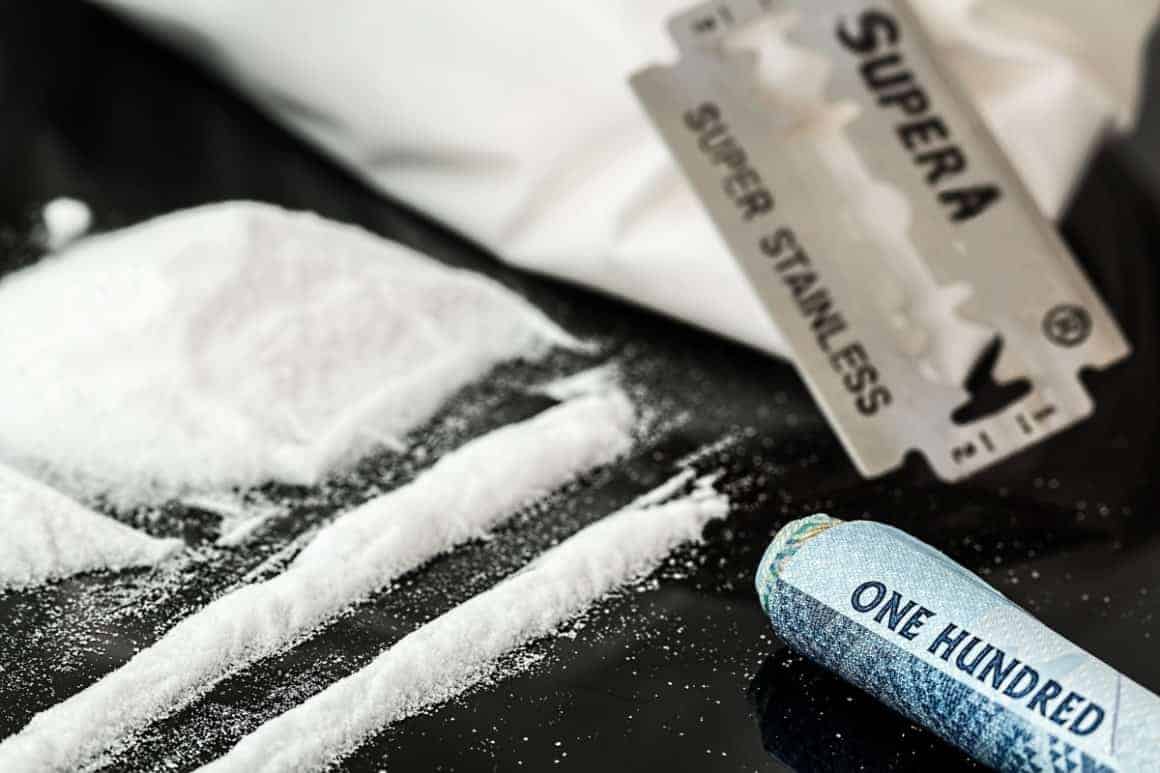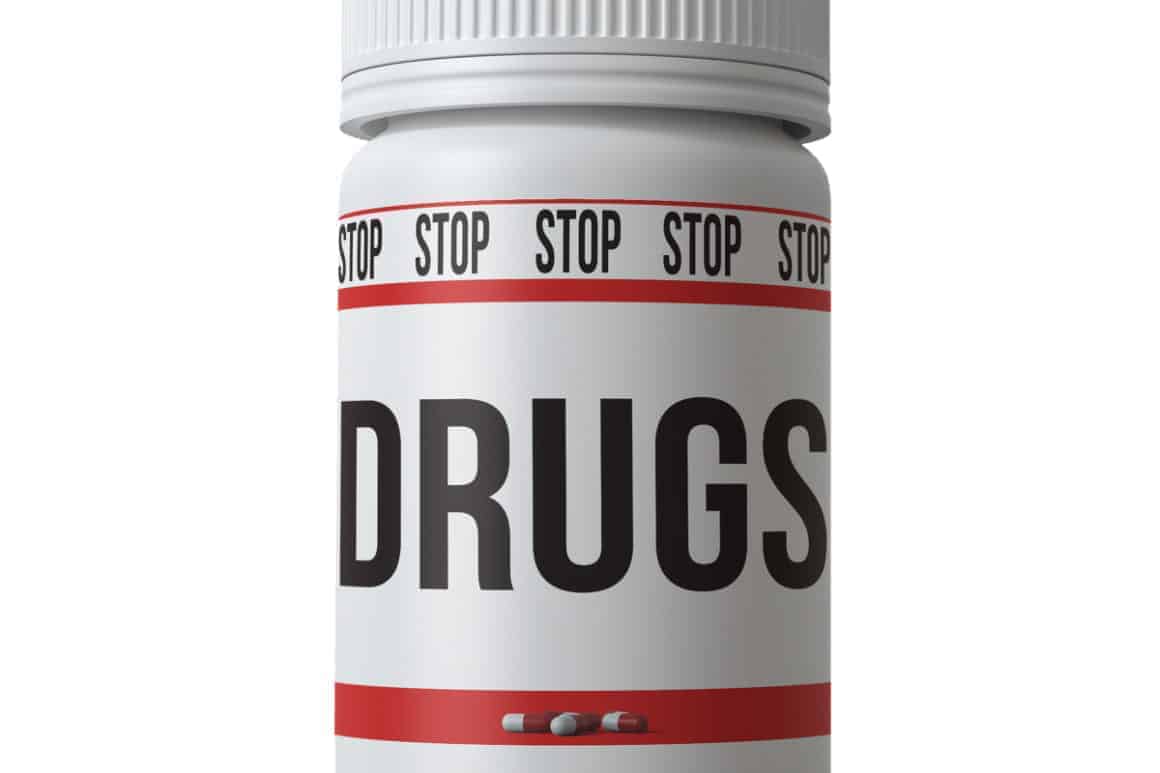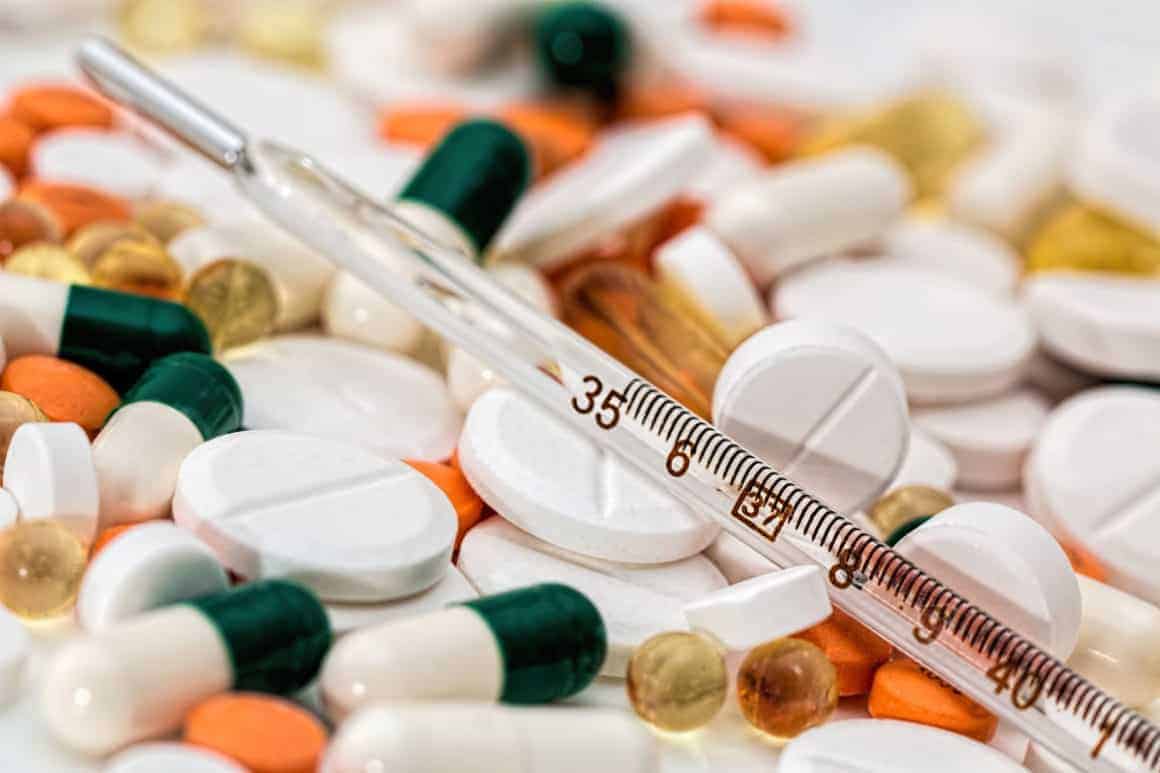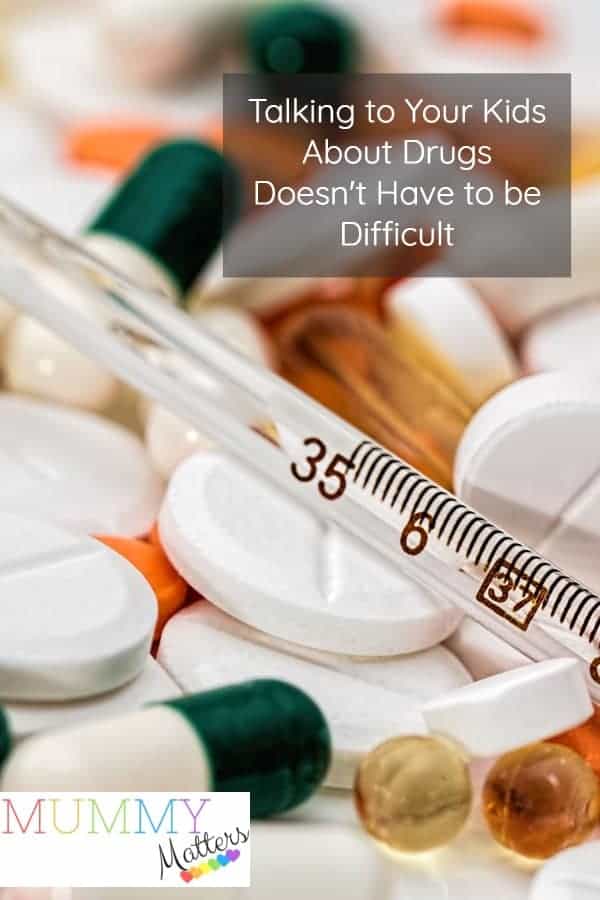Every parent wants to keep their children safe from the many dangers of the world, including substance abuse. One of the best ways to protect your child from going down the path of addiction is to have open and honest discussions about drugs.

The Substance Abuse and Mental Health Services Administration (SAMHSA) says parents should talk with their children about drugs for the following reasons:
- Parents have a significant influence on their children’s decisions to experiment with drugs.
- Talking with children early and often makes it more likely that they will respect your rules and wishes when it comes to drug use.
- Starting early will ensure you don’t miss the opportunity to talk with your kids before they start experimenting with drugs.
- The older kids get, the more likely they are to try drugs.
- Deciding not to talk to your kids about drugs sends the message that you don’t care if they try drugs.
A subject like drugs can be difficult, but Drs. Caitlin Armijo and Shawn S. Sidhu with the University of New Mexico have provided these seven tips for parents about discussing this crucial topic with kids.
1. Do your research
You don’t have to be an expert on drugs to talk about them, but you also don’t want to go in completely unprepared. Visit some reputable sites and get some information about what kind of drugs are out there and what they can do. Please spend some time preparing for questions from your child and potentially counter any misinformation they’ve received about drugs.
2. Start the conversation – HairConfirm® Hair Drug Test

A child isn’t likely to be the one to broach the subject of drugs, so it will be up to you to pick a time and make sure both you and your child are comfortable. Many teens use drugs to self-medicate because of various problems they are having, so talk about how they are doing emotionally.
The best-case scenario is to make drugs a natural topic to talk about so you can do it multiple times. The more comfortable you can make the conversation, the easier it will be to get insights into your child’s thoughts about them and their experiences with these substances. If you assume your child is taking drugs you can also give them a drug test from a drug test company near you such as teen drug and alcohol test Orlando, Florida. Blood tests are way more accurate than urine as many urine tests can be cheated.
3. Listen
The key to these conversations is that everyone involved gets a chance to speak while the others listen. Your child will have opinions about drugs and may even have some personal anecdotes to share about them. Be supportive and encourage them to share what they have to say without being confrontational or judgemental.
4. Be mindful of media
Movies and other media often glorify drug use, so you should talk to your child about what they see in the media. If they are also heavy social media users, they probably also see drug use by their friends and/or celebrities on those platforms. You can use movies, etc., as a jumping-off point for talking about how they view drugs and what they think when they see drug use portrayed as being fun.
5. Be aware of the change
Your child’s opinions can change over time. They might tell you at 12 years old that they have no interest in trying drugs, but that could change by the age of 15. Children and adolescents are also affected by changes in their lives, like moving to a new school, hanging out with new friends, or having family dynamic changes via divorce or other means.
Any situation where things become different in your child’s life could cause them to reassess how they view drugs. According to a juvenile criminal lawyer, David Breston, being aware of changes in their behaviour and mannerisms. If you notice your child is underperforming at school or lashing out irrationally, it may be time to talk.
6. Be curious

Continue the conversation even if your teen tells you that they are not interested in drugs at all. Tell them you are glad they’ve chosen not to do drugs, and then try some of these questions suggested by Drs. Armijo and Sidhu:
- I’m curious to know why you’ve chosen to avoid drugs?
- When your friends are using drugs or getting high, how do you feel?
- What drugs do you consider dangerous?
- What do think of when you hear the term “drug abuse”?
- In the future, as you grow older, how do you think things will change?
7. Seek support if you need it
If you are unsure about talking to your child, you can reach out for assistance from physicians, therapists, counsellors and other professionals. If your child has admitted to using drugs once or twice already, you may want to consider making an appointment with a drug counsellor or doctor.
For more serious drug issues, you may want to consult mental health experts (if your child seems to be self-medicating to deal with their emotions) or look into rehab or residential drug addiction treatment. You may also want to consider implementing drug testing with them. Hair drug testing can give you a comprehensive three-month history of drug use, and the sample collection can be done at home.
Talking to your children about drugs is never easy, but it need not be a huge ordeal, either. Using these professionally recommended guidelines, you can have a meaningful conversation with your kids and help keep them away from drugs.

